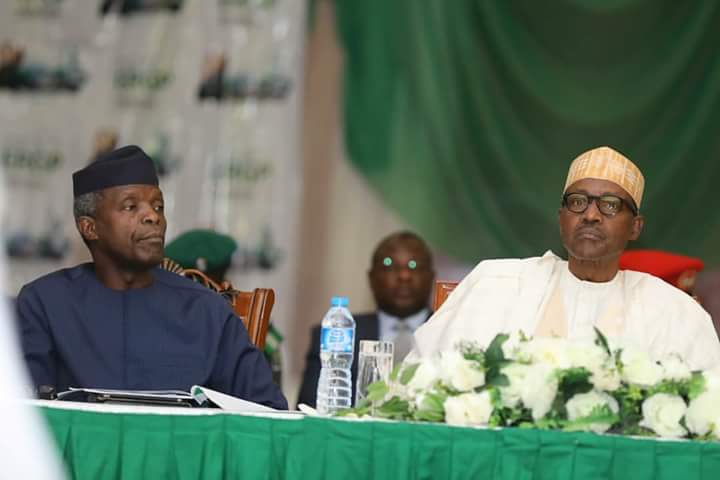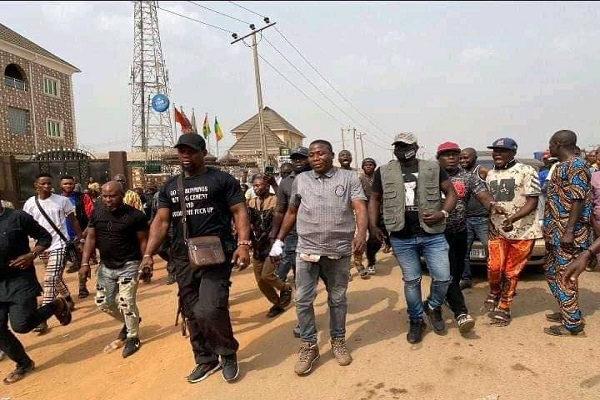The presidency has opined why its principal, President Muhammadu Buhari and Vice President, Yemi Osinbajo, are being hated by some Nigerians.
Messrs Buhari and Osinbajo began their second term reign last week. Their first term in 2015 was historical and the first time the opposition candidate will unseat a sitting president.
When the duo took over power, Nigerians were expecting a total deviation from the manner with which governance was administered during the reign of the Peoples Democratic Party (PDP).
Critics of the Buhari administration has often accused him of dividing Nigerians alone ethnic and religious lines.
Some accused him of turning blind eyes to corruption allegations against his allies and cronies despite claiming to rid the country of the anti-graft activities while dealing with opposition politicians.
His party, the All Progressive Congress (APC) earlier in the year promised to pardon those who looted the nation’s treasury only if they joining the now ruling party.
Stating why the president and his vice is being hated by some Nigerians, Lauretta Onochie, the president’s special assistant on social media, said this was because the duo are stumbling block to those intending to loot the nation’s treasury.
“The difference between @MBuhari and @ProfOsinbajo is that one worships in a building called mosque & the other in a building called church,” Ms Onochie said in a tweet on Monday.
“Both attract same hatred from same people, not because of their religion but because they stand between these people & the national treasury,” she added.
Despite rising cases of insecurity across the country, Mr Buhari won his re-election bid with about 4million votes to trounce Atiku Abubakar, candidate of the PDP who is currently at the election tribunal challenging the February 23 exercise conducted by the Independent National Electoral Commission (INEC).
The former vice president is relying on electronic results said to have been obtained from the servers of the electoral body despite the commission denying it transmitted results electronically.












